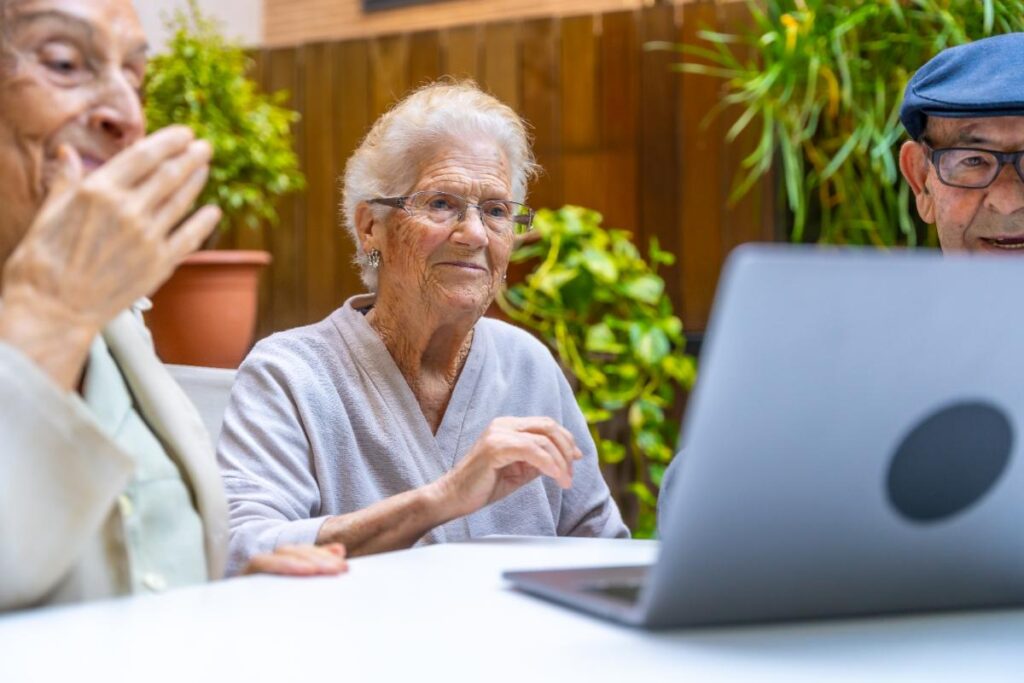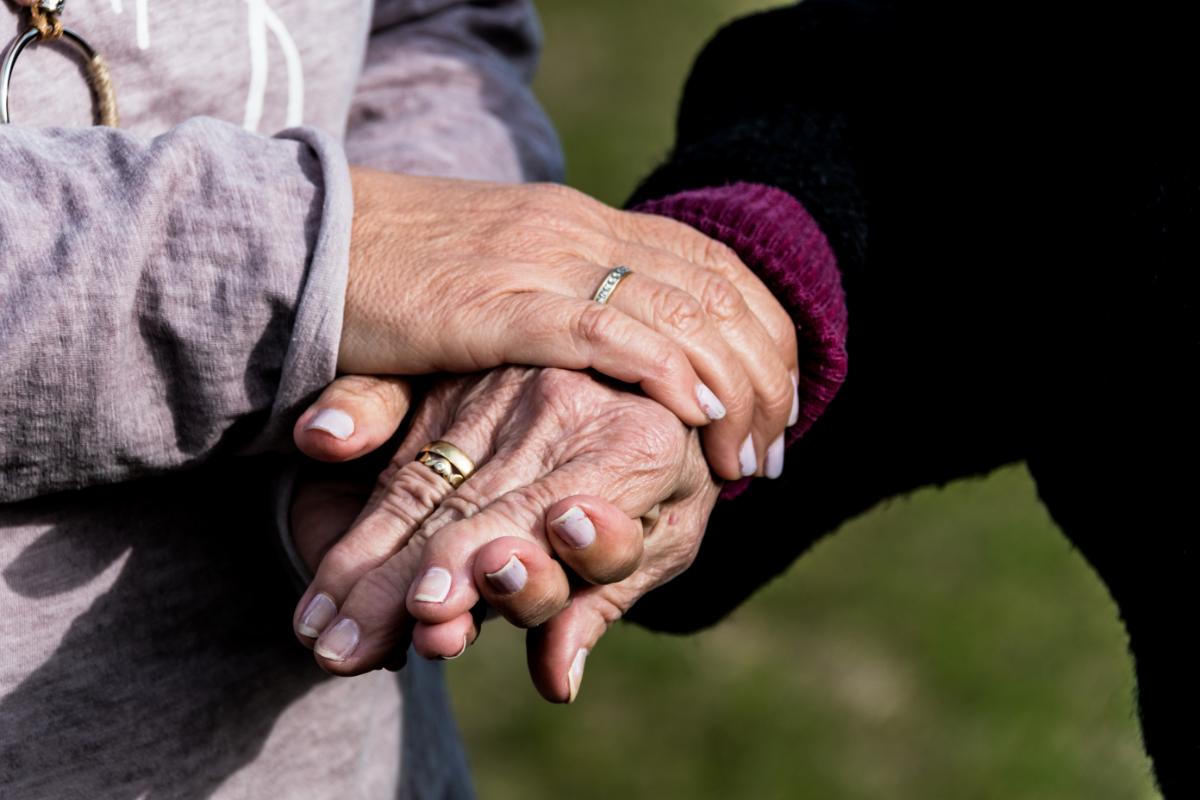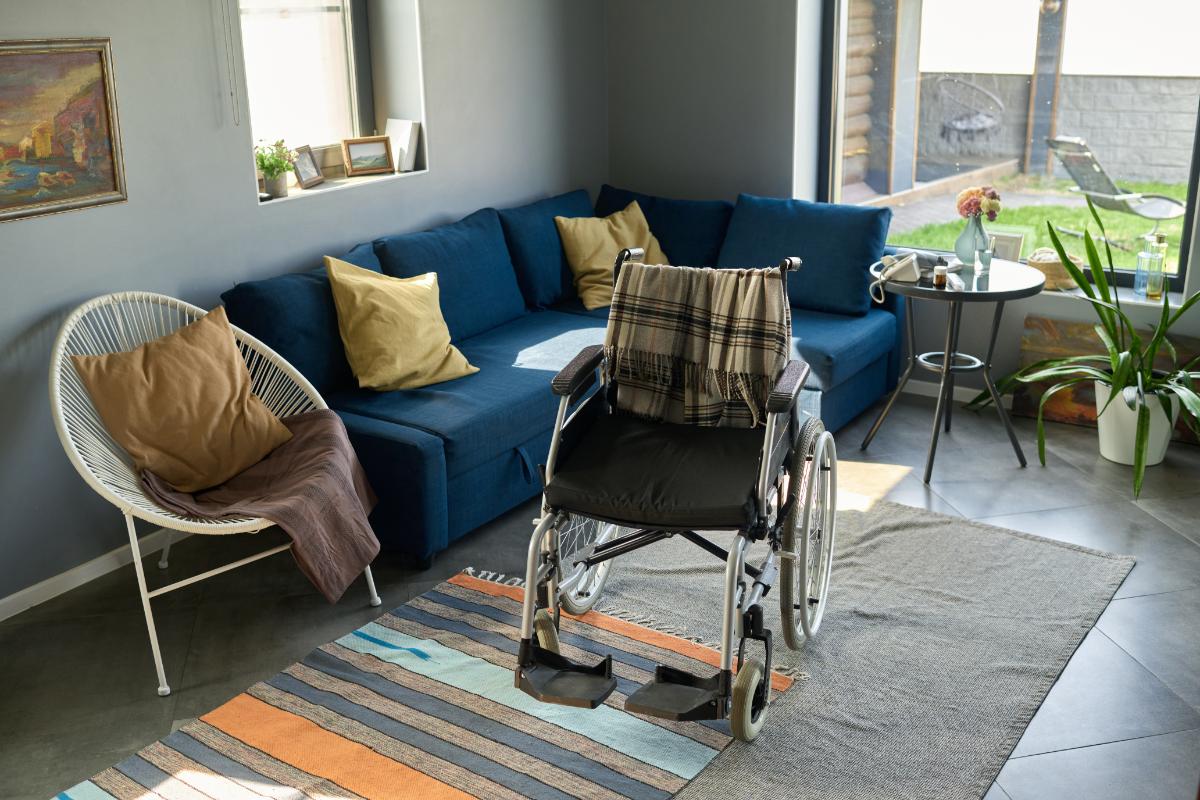Becoming a caregiver for a loved one—especially unexpectedly—can feel like stepping into a role you never trained for. Suddenly, you’re managing medications, doctor appointments, emotional changes, and daily needs, all while navigating your own feelings of confusion, fear, and grief.
If you’re feeling overwhelmed, know this: you’re not alone, and you’re not doing it wrong. You’re simply human. Every experienced caregiver started where you are now—uncertain, exhausted, and searching for solid ground.
This guide offers compassionate, practical advice to help shift you from feeling overwhelmed to empowered as you begin your caregiving journey.
- Start by Breathing, Not Fixing
When a loved one receives a diagnosis—dementia, Parkinson’s, stroke recovery, or age-related decline—our instinct is to jump into action mode. But caregiving is a marathon, not a sprint. Pause. Breathe. Accept that you don’t need all the answers today.
Give yourself permission to begin slowly. Gather information at your own pace. What matters most is presence, not perfection.
- Get Clear on What They (and You) Need
Every caregiving situation is different. One person may need help bathing and dressing; another may need support navigating memory loss or mobility challenges. Start by asking:
- What are the immediate needs (safety, medications, hygiene)?
- What brings them comfort and joy?
- What do I need to stay healthy and grounded?
Creating a simple list of needs helps bring clarity—and can reveal where to ask for help.
- Build a Circle of Support
You don’t have to do this alone. Reach out to family members, neighbors, community programs, or local agencies. Even if you’re the “primary” caregiver, others can assist in small but meaningful ways.
Also, connect with other caregivers. Online communities, support groups, and social media pages (like Good Carma) offer wisdom, solidarity, and emotional relief.
- Set Realistic Expectations (and Release Guilt)
You cannot be everything for everyone, every day. And you don’t have to be. Accept that some days will be messy, plans will shift, and your loved one’s mood or health may fluctuate.
What matters most is your intention and love. Let go of guilt and perfectionism—they only drain your energy.
- Learn to Say “Yes” to Yourself Too
It’s not selfish to take care of yourself—it’s essential. Schedule breaks, rest when you can, and honor your own emotions. Caregiver burnout is real and dangerous, but it’s preventable with consistent, small acts of self-care.
Drink water. Take a short walk. Journal your thoughts. Watch a comfort show. Protect your own health while you protect someone else’s.
- Find Beauty in the Small Moments
Caregiving isn’t just medical tasks and logistics. It’s also sitting together in silence, sharing a laugh over old memories, or watching birds outside the window.
Notice the moments that feel peaceful, light, or connected. These become the emotional anchors that sustain you through hard days.
- Keep Learning, Gently
Knowledge empowers. As you grow into this role, you’ll pick up medical terms, communication techniques, and helpful routines. But take it step by step.

Start with one trusted source—like your doctor, a local care navigator, or a caregiver website—and build your learning slowly. You don’t need to know everything. You just need to keep showing up.
Final Thoughts
Caregiving is one of the most challenging and meaningful roles you’ll ever hold. It calls on your deepest patience, love, and flexibility—but it also teaches resilience, compassion, and presence.
You may not have chosen this path, but by walking it with heart, you are offering a tremendous gift. And with support, tools, and kindness—for yourself and others—you can move from simply surviving to truly empowering your caregiving journey.
You’ve got this. And you’re not alone.



